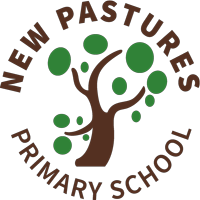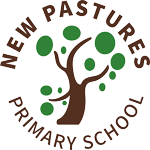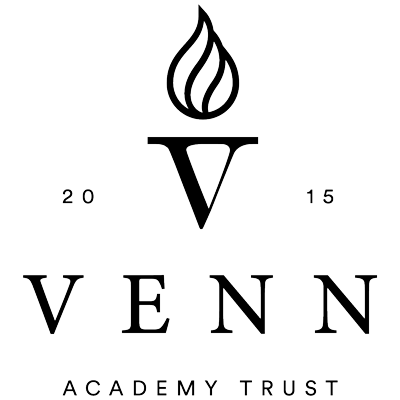• We will aim to inspire our pupils to have a curiosity about the past and develop a love of history
•From EYFS to the end of KS2 the children will learn about a range of historical events and significant historical figures, some of which have shaped the world today
•To develop a sense of chronology and note connections, contrasts and trends over time
•Pupils can speak confidently about History
•Parents to be more engaged with the curriculum, which will help them to support the pupils’ learning and interest
•Revisit and consolidate skills by building on prior knowledge to create links from previous learning and meet challenging end points
•Use hooks to engage pupils, such as artefacts, dressing up days, educational visits and visitors, to give the children real-life experiences to enhance their cultural capital.
•Involve families and the local community to bring history to life
•Focussed History weeks to allow the pupils to become immersed in the topic
•We provide a language rich curriculum that is progressive throughout school and which focuses on the knowledge and skills stated in the National Curriculum.
• Pupils develop deep subject knowledge and key skills through cross-curricular learning with differentiated activities and a range of resources to engage and inspire all abilities.
•In each key stage, the History Curriculum is taught on a 2-year rolling programme (KS1, Lower KS2 and Upper KS2, with all classes learning the same units at the same time. This is to ensure full coverage of the National Curriculum due to mixed year groups. To ensure differentiation, we follow a progression of skills document.
•We aim to create a supportive and collaborative learning environment where pupils can learn through enquiry and investigation
•Assessment of the impact of the curriculum is measured through a variety of methods including:
-Images and videos of the children’s practical learning.
-Summative assessment of pupil discussions about their learning.
-Pupils’ reflections on their learning at the end of each session.
-Start and end of unit quizzes.
-Interviewing the pupils about their learning (pupil voice) to encourage use of ‘sticky knowledge’.
-Marking of written work in books.
-The scrutiny of pupils’ books, evidencing a broad and balanced curriculum and demonstrating that children have acquired key knowledge and skills.


